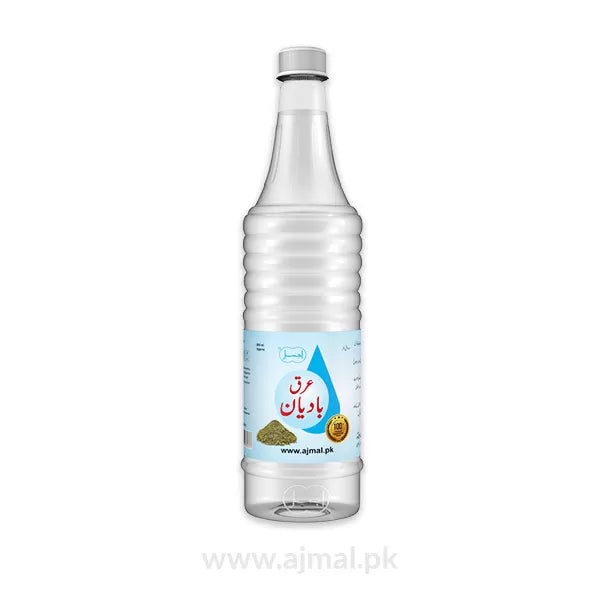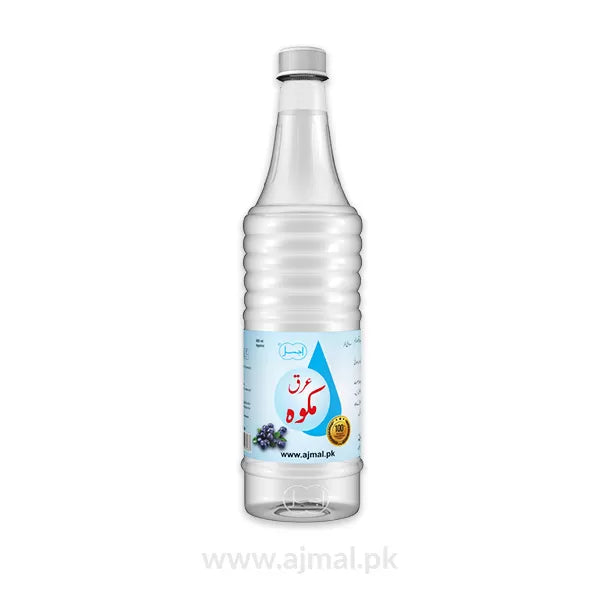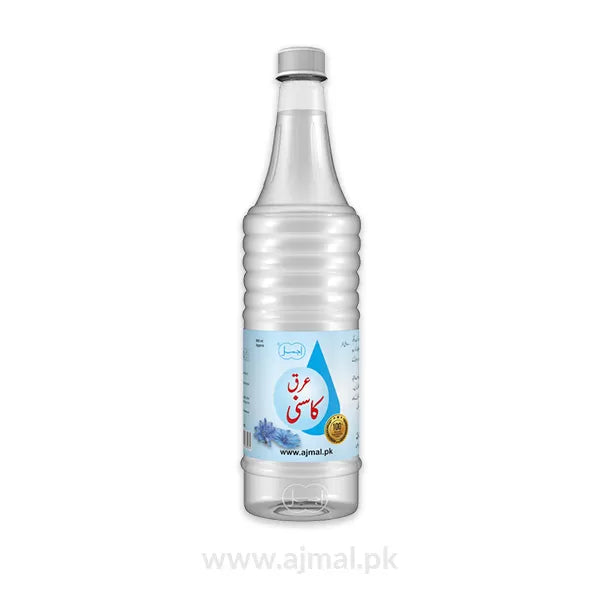Ever had that heavy, bloated feeling where you just can’t go to the bathroom no matter how hard you try? You sit there thinking, “Why is this happening to me again?” If yes—you’re not alone.
Did you know? More than 20% of adults in Pakistan experience constipation at some point, and it’s especially common among people who sit for long hours or don’t drink enough water.
Constipation is often called the “mother of all diseases”. When your digestive system slows down, it affects everything: your mood, your energy, and even your skin. But here’s the good news: with a few simple changes, you can fix it naturally.
Let’s break it down and understand what causes constipation, how fiber helps, and what you can do starting today to keep your gut happy and active.
Do You Know What Constipation Is?
Have you ever noticed your stomach feeling heavy and tight? It might be a sign of constipation.
The simple meaning of constipation is that your bowel movements are not regular, or your stool is too hard and dry to pass easily. A healthy digestive system should have 3 or more bowel movements in a week. If you go less than that, or if every visit to the toilet is a struggle, then it's time to pay attention to your gut health.
Why Do So Many People Get Constipated?
You might wonder: why does this happen to me so often? Constipation has several common reasons; the good thing is that most of them are preventable. Let's take a look at them:
Are you eating enough fibre?
One of the main reasons behind constipation is a low-fiber diet. Because fibre adds bulk to stool, which makes it easier to pass out.
How much water do you drink daily?
If you're not drinking enough water, it makes your stool dry and difficult to defecate.
Are you on a certain medicine?
Some medicines can cause constipation as a side effect, such as antidepressants, painkillers, and iron supplements.
Are you stressed or anxious?
Stress or anxiety slows down your digestion and causes constipation.
Could it be a medical issue?
In some cases, long-term constipation is a sign of something severe, like diabetes or a thyroid problem.
How Can You Tell If You're Constipated?
Think about your daily routine. Do you notice any of these signs?
- Less than 3 bowel movements in a week.
- Bloating or a loss of appetite.
- Hard or dry stool.
- Feel like your stomach is not fully empty.
How Does Fiber Help In Preventing Constipation?
Do you know that fiber is a natural broom for your digestive system?
Fact: People who eat 25–30 grams of fiber per day are 40% less likely to suffer from constipation than those who don’t.
- It helps in absorbing water, softens stool, and makes it easier to pass.
- Fiber adds bulk to the stool, which makes it move quickly through the intestines.
What Are The Fiber-Rich Foods?

Your body doesn’t need highly expensive supplements. You just need to incorporate fiber in your daily meals.
- Fresh fruits like apples, oranges, bananas, and pears.
- Lentils, beans, or chickpeas.
- Whole grains like brown rice or oats.
- Flax seeds, chia seeds, almonds.
- Vegetables like carrots, spinach, and peas.
Pro tip: Don’t increase the fiber in your diet suddenly. Add them slowly to your diet and make sure you drink plenty of water with them.
What Lifestyle Changes Can Help?
Sometimes your diet is just right, while how you live isn’t.
Here are a few simple but powerful habits you can start from today:
- Drink 10-12 glasses of water a day.
- Use the toilet when you feel the urge.
- Eat less junk or processed food.
- Take a short walk to activate your body.
- Managing stress with breathing exercises or yoga.
Small steps lead to big differences.
What Are the Herbal Medicines for Constipation?

Many people prefer herbal medicines because they work gently on your body, support the digestive system, and have no side effects.
Some popular herbal medicines include:
- Isabghol (psyllium husk) is a rich source of fiber.
- Aloe vera because it soothes the digestive system.
- Our Qabzi and Mulliyan are well-known herbal mix for constipation.
Choosing the best medicine for constipation depends on your body and lifestyle.
When Should You See a Doctor?
Constipation is an occasional issue; you can fix it by making some needful changes in your diet and lifestyle. But what if it doesn’t recover?
You should seek medical help for it:
- You feel severe abdominal pain.
- It lasts from 2-3 weeks.
- Starting to lose weight without trying to.
- Blood in your stool.
If you see these signs, your body needs proper care.
What It All Comes Down To
Constipation may feel uncomfortable, but it cannot control your life.
By eating enough fiber, drinking 10-12 glasses of water a day, and managing stress, you can charge your digestive system.
If you need extra help, visit Ajmal Dawakhana or try our herbal medicine for constipation, which can give you an effective, gentle, and long-lasting relief.
Take the first step toward better digestion—visit Ajmal Dawakhana today!
















